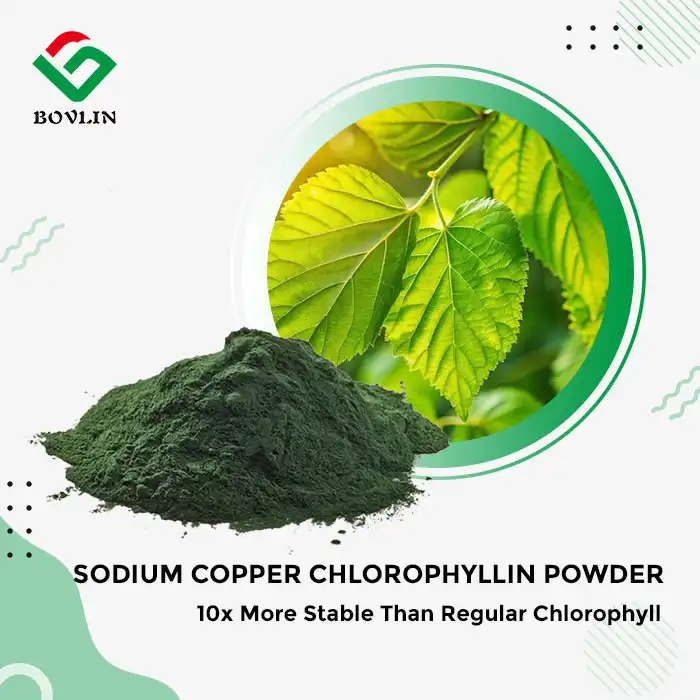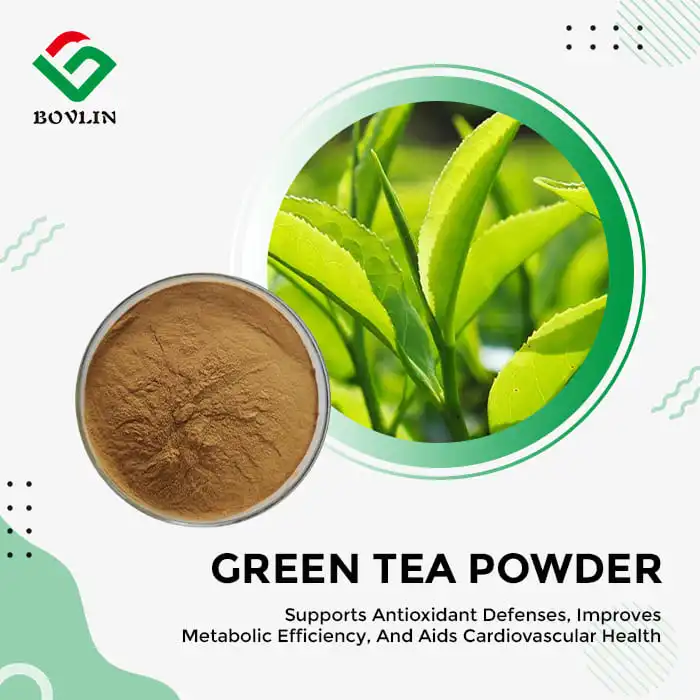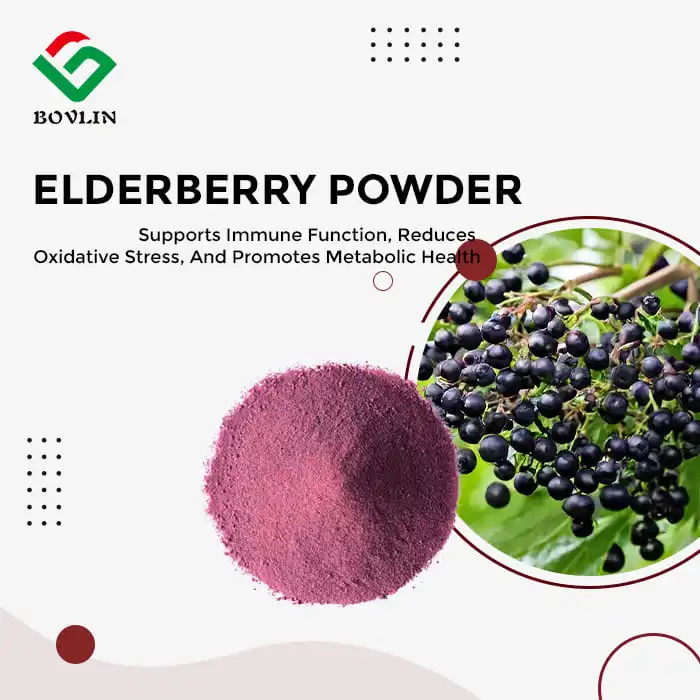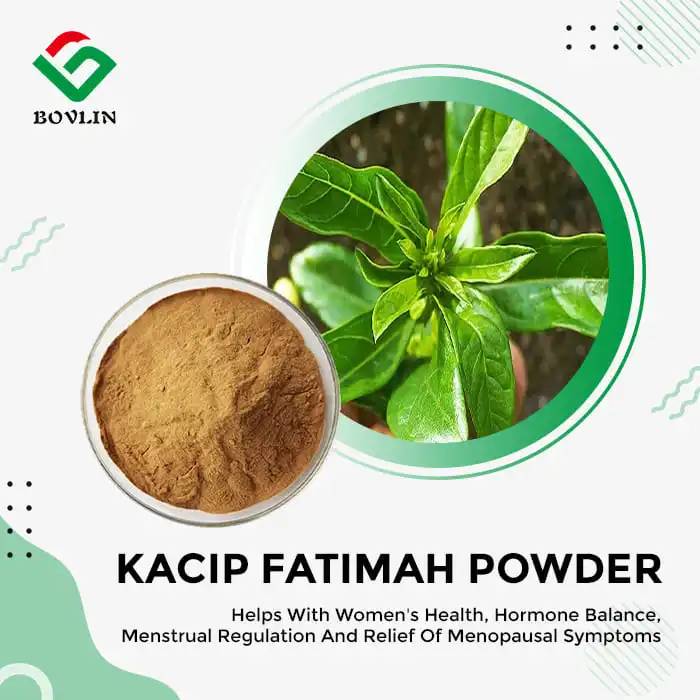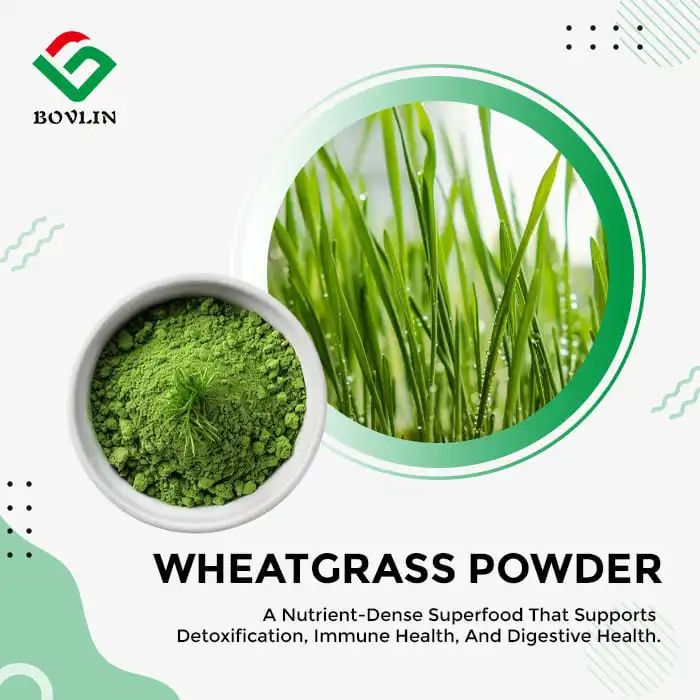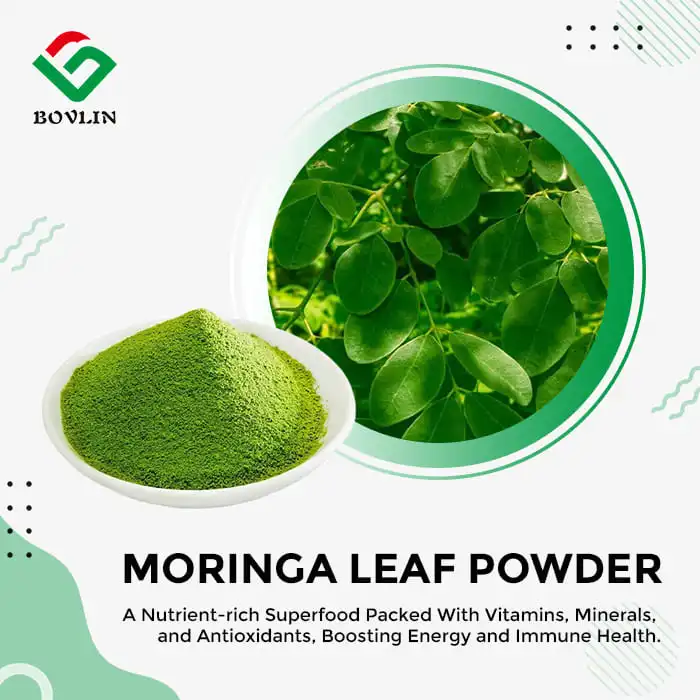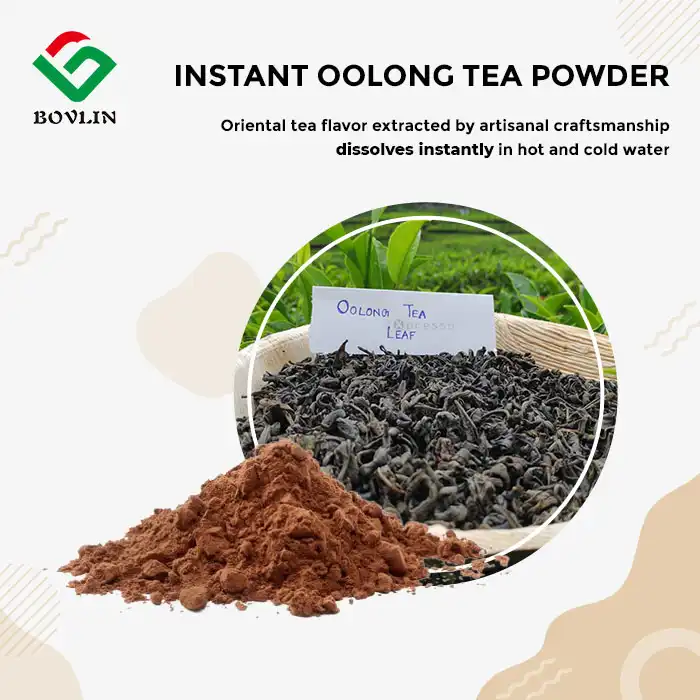What is Lion's Mane Mushroom Extract?
Lion's mane mushroom extract is a potent natural ingredient derived from the Hericium erinaceus mushroom, a unique fungus revered for its bioactive properties. This extract is obtained through advanced extraction techniques that concentrate its valuable compounds, making it a sought-after component in the realm of functional foods, nutraceuticals, and innovative health solutions. Known for its cascading, icicle-like spines, lion's mane has been utilized in traditional practices across Asia for centuries. Today, modern science harnesses its potential, particularly for its neuroprotective and cognitive-enhancing attributes. At Shaanxi Bolin Biotechnology Co., Ltd., we specialize in delivering high-quality lion's mane mushroom extract to global enterprises, ensuring purity and efficacy for cutting-edge product development.
Chemical Composition and Bioactive Ingredients of Lion's Mane
The allure of lion's mane mushroom extract lies in its intricate chemical profile, which underpins its functionality in various applications. This section delves into the key constituents that make this extract a powerhouse of bioactive potential, offering manufacturers a robust foundation for product innovation.
Polysaccharides: The Structural Backbone
A cornerstone of lion's mane mushroom extract is its rich polysaccharide content. These complex carbohydrates, particularly beta-glucans, are integral to the mushroom's biological activity. Polysaccharides contribute to the structural integrity of the fungal cell wall while exhibiting immunomodulatory properties. For enterprises developing functional foods, these compounds offer a pathway to creating products that support immune health, a critical consideration in today's health-conscious market. The polysaccharides in lion's mane are extracted using precise techniques to preserve their molecular integrity, ensuring maximum efficacy in end products.
Hericenones and Erinacines: Neuroactive Marvels
Beyond polysaccharides, lion's mane is distinguished by its unique diterpenoid compounds, namely hericenones and erinacines. These molecules are celebrated for their neuroactive potential, setting lion's mane apart from other medicinal mushrooms. Hericenones, found predominantly in the fruiting body, and erinacines, concentrated in the mycelium, are pivotal in stimulating nerve growth factor (NGF) synthesis. This attribute is invaluable for manufacturers aiming to develop supplements or foods targeting cognitive health and neuroprotection. The presence of these compounds underscores the importance of sourcing high-quality extracts, as their concentration can vary based on cultivation and extraction methods.
Phenolic Compounds and Antioxidant Capacity
Lion's mane mushroom extract also contains an array of phenolic compounds, which bolster its antioxidant capacity. These molecules neutralize free radicals, mitigating oxidative stress - a key factor in cellular aging and degradation. For enterprises in the nutraceutical sector, incorporating lion's mane extract into formulations can enhance product stability and shelf life, while offering end-users functional benefits. The synergy between phenolics and polysaccharides amplifies the extract's potential, making it a versatile ingredient for health-focused applications. Rigorous analytical testing ensures that these bioactive ingredients are present in optimal concentrations, meeting the stringent demands of global markets.
Mechanisms Behind Lion's Mane Mushroom Extract's Neuroprotective Properties
The neuroprotective prowess of lion's mane mushroom extract is a cornerstone of its appeal, particularly for enterprises developing products aimed at cognitive enhancement and neurological health. This section explores the intricate mechanisms that drive these effects, providing a scientific foundation for its application in high-tech formulations.
Stimulation of Nerve Growth Factor (NGF) Synthesis
A hallmark of lion's mane mushroom extract is its ability to stimulate the production of nerve growth factor (NGF), a protein essential for the growth, maintenance, and repair of neurons. The bioactive compounds hericenones and erinacines play a pivotal role in this process by crossing the blood-brain barrier and upregulating NGF expression. This mechanism is crucial for enterprises developing functional foods or supplements targeting cognitive health, as it supports neuronal regeneration and plasticity. The ability to enhance NGF synthesis positions lion's mane extract as a valuable ingredient in products designed to support brain health and resilience.
Reduction of Neuroinflammation
Neuroinflammation, characterized by the activation of microglia and the release of pro-inflammatory cytokines, is a key contributor to neurodegenerative conditions. Lion's mane mushroom extract exhibits anti-inflammatory properties, largely attributed to its polysaccharide and phenolic constituents. These compounds modulate inflammatory pathways, reducing the production of harmful mediators. For manufacturers, this anti-inflammatory potential opens avenues for creating products that support long-term neurological health, particularly in aging populations. The extract's ability to temper neuroinflammation complements its neurogenic effects, offering a multifaceted approach to brain health.
Enhancement of Myelination and Synaptic Plasticity
Beyond NGF stimulation and inflammation reduction, lion's mane mushroom extract supports myelination - the process of forming a protective sheath around nerve fibers - and synaptic plasticity, which underpins learning and memory. Polysaccharides and erinacines contribute to these processes by promoting the differentiation of oligodendrocytes, the cells responsible for myelin production, and enhancing synaptic connectivity. For enterprises in the functional food and supplement sectors, these mechanisms provide a compelling narrative for product development, particularly in formulations aimed at improving cognitive performance and resilience. The extract's multifaceted neuroprotective effects make it a standout ingredient in the competitive landscape of health solutions.
Applications of Lion's Mane Extract in Functional Foods and Supplements
The versatility of lion's mane mushroom extract makes it a prized ingredient in the development of functional foods and supplements. Its bioactive properties, coupled with consumer demand for natural, science-backed ingredients, position it as a key component in innovative product formulations. This section explores the diverse applications of lion's mane extract, offering insights for enterprises seeking to expand their product portfolios.
Incorporation into Cognitive Health Supplements
The neuroactive compounds in lion's mane mushroom extract, particularly hericenones and erinacines, make it an ideal candidate for cognitive health supplements. These products cater to the growing demand for natural solutions that support memory, focus, and overall brain function. Manufacturers can leverage the extract's ability to stimulate NGF synthesis and reduce neuroinflammation to create capsules, tablets, or powders targeting neurological wellness. The stability and solubility of lion's mane extract ensure seamless integration into various supplement formats, while its natural origin aligns with clean-label trends, appealing to discerning global markets.
Development of Functional Beverages
Functional beverages represent a burgeoning category in the health and wellness sector, and lion's mane mushroom extract is well-suited for this application. Its mild, earthy flavor profile allows it to be incorporated into teas, energy drinks, or adaptogenic blends without compromising sensory appeal. The extract's bioactive polysaccharides and antioxidants enhance the nutritional profile of beverages, offering immune support and oxidative stress mitigation. For enterprises, the inclusion of lion's mane extract in beverage formulations provides a competitive edge, tapping into consumer interest in convenient, health-promoting products. Advanced extraction techniques ensure the extract's stability in liquid matrices, preserving its efficacy.
Enrichment of Nutritional Bars and Snacks
Nutritional bars and snacks fortified with lion's mane mushroom extract offer a convenient delivery system for its bioactive benefits. These products cater to on-the-go consumers seeking functional foods that support cognitive and immune health. The extract's polysaccharides and phenolic compounds enhance the nutritional value of bars and snacks, while its neuroactive properties provide a unique selling proposition. Manufacturers can combine lion's mane extract with other plant-based ingredients to create synergistic formulations, amplifying health benefits. The extract's compatibility with dry processing techniques ensures its integrity in solid food matrices, making it a versatile addition to product lines.
Conclusion
Lion's mane mushroom extract stands as a beacon of innovation in the realm of plant-based ingredients, offering a wealth of bioactive compounds that support cognitive, immune, and neurological health. Its intricate chemical composition, neuroprotective mechanisms, and versatile applications make it an invaluable asset for enterprises in the functional food and supplement sectors. At Shaanxi Bolin Biotechnology Co., Ltd., we are committed to harnessing the potential of this remarkable extract, delivering high-quality solutions that empower manufacturers to create cutting-edge products for global markets.
Contact Us
Ready to elevate your product formulations with premium lion's mane mushroom extract? Contact Shaanxi Bolin Biotechnology Co., Ltd. at sales1@bovlin.com to explore how our high-quality extracts can drive innovation in your enterprise.
References
Mori, K., Inatomi, S., Ouchi, K., Azumi, Y., & Tuchida, T. (2009). Improving effects of the mushroom Yamabushitake (Hericium erinaceus) on mild cognitive impairment: A double-blind placebo-controlled clinical trial. Phytotherapy Research, 23(3), 367-372.
Friedman, M. (2015). Chemistry, nutrition, and health-promoting properties of Hericium erinaceus (Lion's Mane) mushroom fruiting bodies and mycelia. Journal of Agricultural and Food Chemistry, 63(32), 7108-7123.
Lai, P. L., Naidu, M., Sabaratnam, V., Wong, K. H., David, R. P., Kuppusamy, U. R., & Malek, S. N. A. (2013). Neurotrophic properties of the Lion's Mane medicinal mushroom, Hericium erinaceus (Aphyllophoromycetideae) from Malaysia. International Journal of Medicinal Mushrooms, 15(6), 539-554.
Spelman, K., Sutherland, E., & Bagchi, D. (2017). Neurological activity of Lion's Mane (Hericium erinaceus). Journal of Restorative Medicine, 6(1), 19-26.
He, X., Wang, X., Fang, J., Chang, Y., Ning, N., Guo, H., & Zhang, R. (2017). Polysaccharides from Hericium erinaceus: Structural features and biological activities. Carbohydrate Polymers, 173, 473-480.
Zhang, J., An, S., Hu, W., Teng, M., Wang, X., Qu, Y., & Liu, Y. (2016). The neuroprotective properties of Hericium erinaceus in glutamate-damaged differentiated PC12 cells and an Alzheimer's

